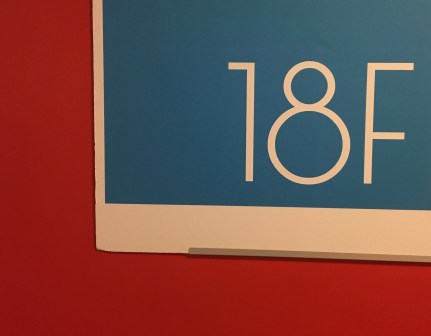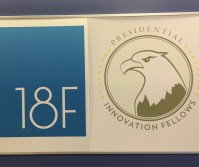18F set to launch agile blanket purchase agreement
After months of waiting, the General Services Administration’s digital shop 18F will launch its agile delivery blanket purchase agreement to vendors Wednesday.
Meant as a contracting vehicle within GSA’s IT Schedule 70 that would serve the growing demand for quick-turnaround software development in the federal government, the agile BPA’s request for quotes is going to look similar to traditional federal procurement solicitations, but it’s going to be evaluated in a different way. Instead of providing a lengthy, text-based proposal, vendors will submit work on software prototypes and code to an open GitHub repository, which 18F will pull and evaluate.
“I don’t want to hear a management narrative,” said Dave Zvenyach, director of acquisition management at 18F Consulting and project manager for the agile BPA. “I want to see working software.”
In the hours before the release of the request, Zvenyach, for competitive reasons, wouldn’t budge on exactly what participating vendors — he estimates there will be about 250 of them — would have to build. He did, however, note they would be given “a pretty well documented data set and API, and they’re going to be building something from that.”
This data set will be used in three different pools of competitors: designer-only and developer-only pools, both of which are set aside for small businesses; and a full-stack pool, which is unrestricted. So it’s possible a huge contracting company could compete on the full-stack award, Zvenyach said. “If they’re on Schedule 70 and they want to do agile, they can compete.”
For 18F, while this initial request process is a vehicle to bring on industry support to help scale its service to agency customers, it’s also a learning process. 18F officials call this version the “alpha stage.” In a recent blog post by Zvenyach and his colleagues, they wrote, “There’s a reason we are describing the BPA in an alpha stage: we expect to continue to learn and improve as we proceed.”
Indeed, this is a learning process for 18F, and since an industry day in February after the BPA was first announced, many things have changed. For instance, the idea to give vendors just 24 hours to hack out their prototypes has been expanded to a dayslong sprint, based on feedback from industry.
Also, 18F has fine-tuned some procedural operations. The digital services team has partnered with GSA’s Office of Integrated Technology Services, part of the Federal Acquisition Service, “to really make sure we get something solid” out of the BPA, Zvenyach said. GSA’s ITS is acting as 18F’s contracting office throughout this process. “We’re working lockstep with them,” the project manager said.
And when the alpha is done, 18F hopes to continue on to a beta version of the BPA and scale it up even further, based on what it learned the first go around.
“A lot of what we’re going to be doing in the alpha phase is trying to improve upon our processes, improve upon our tooling, so that when we go to beta — if we go to beta — it’s going to scale appropriately,” Zvenyach said. “So what I expect will happen in the alpha phase is we’ll spend a lot of time … on iteration to test things, experiment on how to do things better, build the tools that we think are necessary to scale up appropriately and eventually scale it up beyond the initial phase.”
18F plans to improve on the BPA as an agile procurement vehicle as well. The team wants to continue adding agile principles, like encouraging collaboration between units, to the process, Zvenyach said.
By the end of summer, perhaps early fall, 18F plans to award roughly two dozen contracts to vendors, who will work in a variety of settings — from 18F-specific projects to 18F-managed ventures at other agencies.
But in the procurement world, it’s risky to guarantee any exact time requirements, Zvenyach said. His team learned that first hand. “We said the RFQ would be out by the end of April, and here we are in June,” he said.






